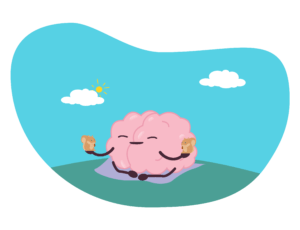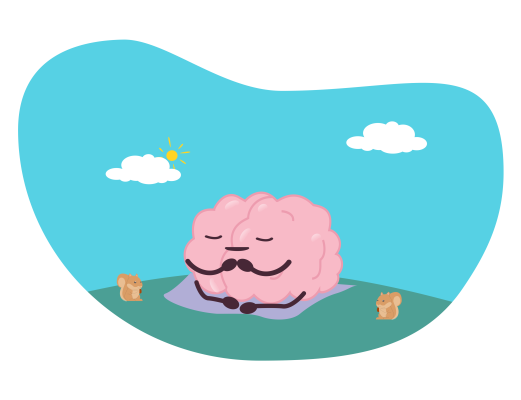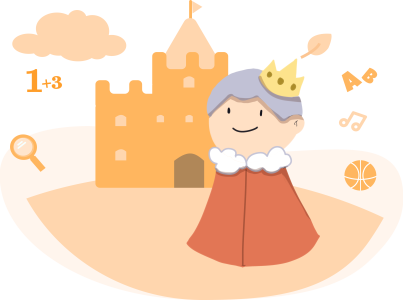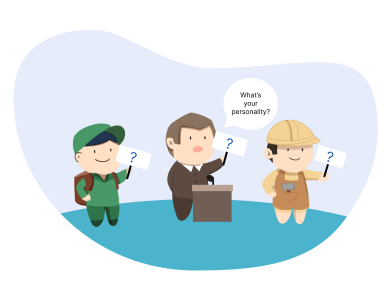Nowadays, every day is a rat race. Oftentimes, we are too preoccupied, anxious, or exhausted to pause for a moment and reflect on the consequences of our actions. Focusing on the present moment can be challenging because our minds are constantly racing with thoughts of what we’ve done in the past and how we might have done things differently, or with fears about what lies ahead and the choices we’ll have to make tomorrow. Every choice we make has an effect on our own and other people’s lives. The sooner we accept this, the sooner we can start experiencing the world without fear. Raising children with a greater sense of consciousness is an investment in a brighter tomorrow.
What is Consciousness?
The term “consciousness” does not just refer to the state of being aware. Having this kind of understanding means you have learned something and are aware of its existence.
One definition of consciousness or awareness is “the power to be fully present in one’s actions at all times.”
This method of connecting with the world is not something we can teach our children; rather, it is a gift that comes from how we naturally relate to the world.
Knowledge of how to react to our own or another person’s actions and the consequences of those actions is an essential part of being conscious. In philosophy, the idea of freedom is built into the idea of responsibility, because people can only be held responsible for things they did of their own free will.
Consciousness and Mindfulness
Mindfulness comes from the Pali word sati, which means “conscious care.” The ideogram (念) for “mindfulness” in Chinese is a mixture of two characters; the upper part depicts the now, while the lower part depicts a heart. Therefore, its complete meaning is to be fully present in the moment. In its practical application, mindfulness is a form of meditation that involves focusing one’s attention on a single internal or external phenomenon, such as a thought, an emotion, an action, or a feeling. In addition to helping adults, it teaches kids to be self-aware and accountable.
Beliefs and Consciousness
Beliefs are based on everything we’ve ever experienced, whether we were awake or asleep, whether they were literal or symbolic, whether we were aware or unconscious. What we think impacts how much of our higher consciousness we can tap into and express. Raising children with the mindset that they can do anything they set their minds to is crucial. When kids are taught from an early age that they aren’t smart or valuable, they may encounter a serious challenge in every direction they take.
Kids and Consciousness
Children with life experience can provide valuable insight into the present moment. They value their efforts very much. Instead of dwelling on the past or anticipating the future, keep your focus on what is happening right now. In order for them to mature into self-aware, responsible men, it will be your job to help them maintain this mindset and guide them in their reflection and acquisition of information. Keep in mind that kids pick up knowledge from their environment.
Teaching your Children
There are numerous approaches to raising and educating children. When it comes to raising children and providing them with an education, the old saying “when there are plenty of methods to accomplish the same thing, it often means none of them work very well” rings truer than ever. You can never be sure of what someone will hear, how they will interpret it, or what they will conclude from what you say.
They say that if you give a man a fish, you’ve fed him for the rest of the afternoon. The proverb goes, “If you give a man a fish, you’ve fed him for life.” Instilling a belief in a child may permanently shape them into a particular point of view.
Raising children who have the ability to know themselves, to understand for themselves what they think, and to have the tools to be able to adjust their own beliefs makes them flexible adults.
Why not educate our children on how to discover what they think, evaluate their beliefs with the greater truth, and correct or align their views with the higher truth instead of trying to impose a certain set of ideas on them, which reeks of brainwashing no matter the end intended? If we all had this ability, we would be able to quickly and effectively absorb the important lessons that lie at the heart of our experiences. Then, our life experiences will lead us on a journey to self-knowledge, which is also healing and enlightenment. This journey will be the inevitable result of what we’ve been through.
Importance of Teaching Consciousness to Children

It’s crucial to instill in kids a sense of self-awareness and morality and to show them that good behavior opens up more opportunities for enjoyment. Rewarding your child with a trip to the zoo with a buddy because he or she stood up for a bullied child on the playground sends the message that being kind pays off. Children still require guidance and direction, even if the expected behavior seems “obvious” to an adult. They are completely clueless about anything. Everything in their lives is new. Provide them with the proper instruction, and they will succeed magnificently!
All young people have aspirations. In addition, they have very vivid imaginations. Demonstrate to them how maintaining an optimistic outlook contributes to attaining their goals. Children acquire a good character when they understand that helping themselves and others is the best way to succeed.
How can you instill confidence in them to achieve their objectives? One way to accomplish this is to demonstrate the advantages of kindness and empathy. How? By teaching them that success comes to those who have faith in themselves and work toward a common goal, in other words, good behavior attracts more good. People who are making an effort to live deliberately have more doors of opportunity open to them. Raise your children to believe that more good will come their way if they just open themselves up to it. This will also boost their confidence.
In Conclusion
Teach your kids that they can overcome their biases and misconceptions by acting consciously. They are able to seek new opportunities with a clear head when they are not preoccupied with “should’ve,” “would’ve,” “could’ve,” and other forms of negativity. Make it clear to them that the conscious way to live is a life of acceptance and tranquility. Have you ever stopped to think about all the wonderful things your child will learn and accomplish? Establishing a passion for doing good and hope in young children leads to happier, more successful adults. They will be able to follow their own set of beliefs about having fun, being creative, and learning new things. That’s quite a treasure to hand on to the next generation.







